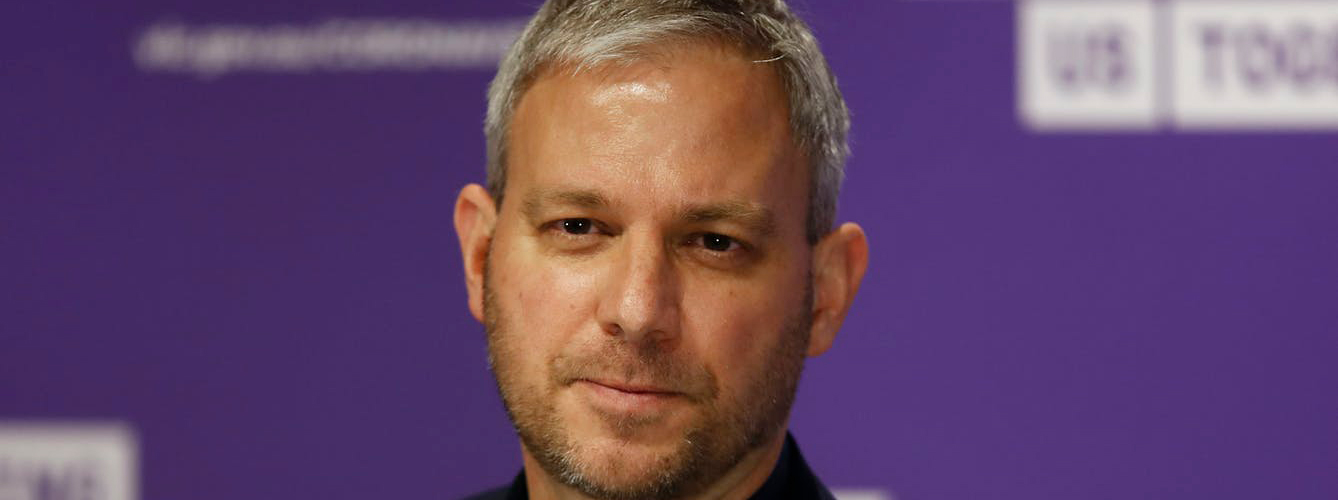How Melburnians work, learn and thrive in a post-lockdown city is revealed in new report
A first-of-its-kind, city-wide survey of Melbourne residents shows just how dramatically our working practices have changed since the beginning of the pandemic and highlights the digital infrastructure we need to support a vastly changed working, learning and thriving city, a new RMIT report reveals.
Prosthetic leg donation program changes lives in Southeast Asia
A pioneering rehabilitation program has fitted more than 200 prosthetic legs and delivered 4,600 biomechanical therapy and counselling sessions in partnership with local programs across the region.
RMIT success at Victorian Premier’s Design Awards
An innovative bi-directional hospital transfer chair that facilitates seamless attendant-facing transfers has won a Victorian Premier Design Award alongside recognition for a more than dozen RMIT-affiliated projects.
Black Rhinos community sport program charges on
New research reveals the community basketball program aimed at supporting young African-Australians is improving community engagement and academic performance.









